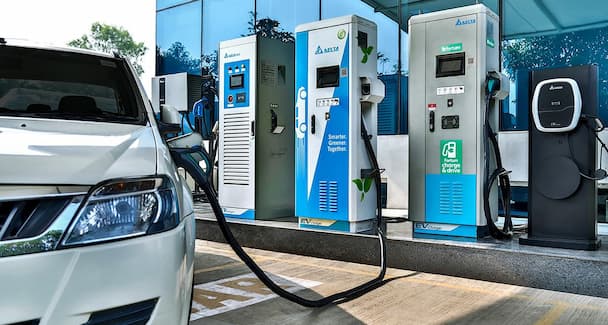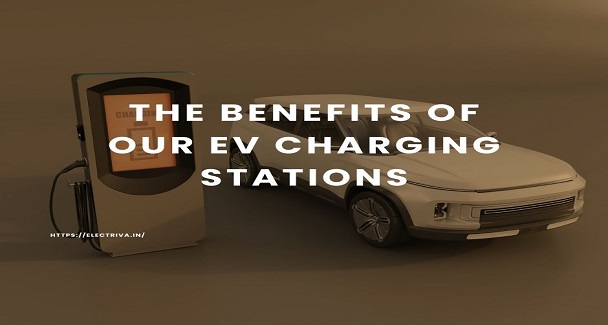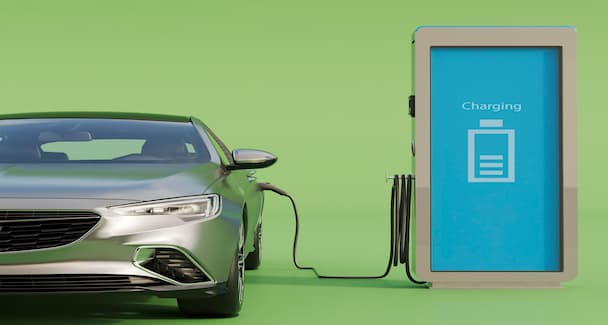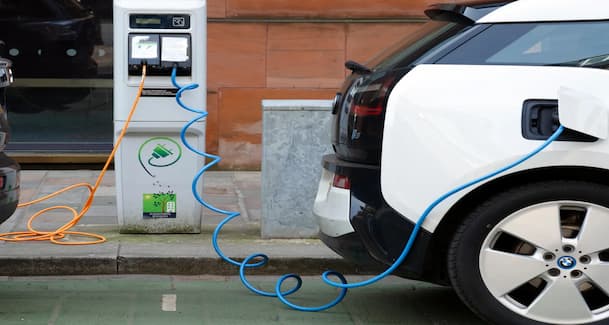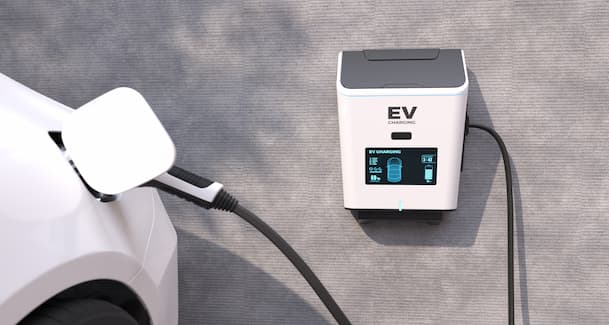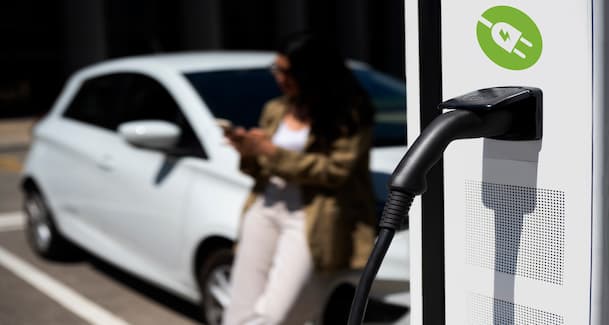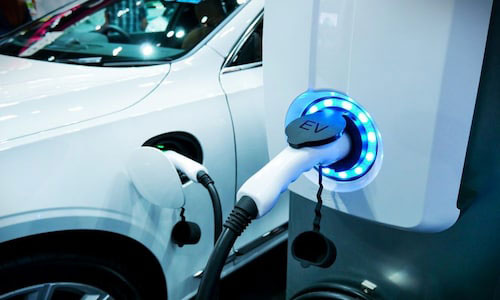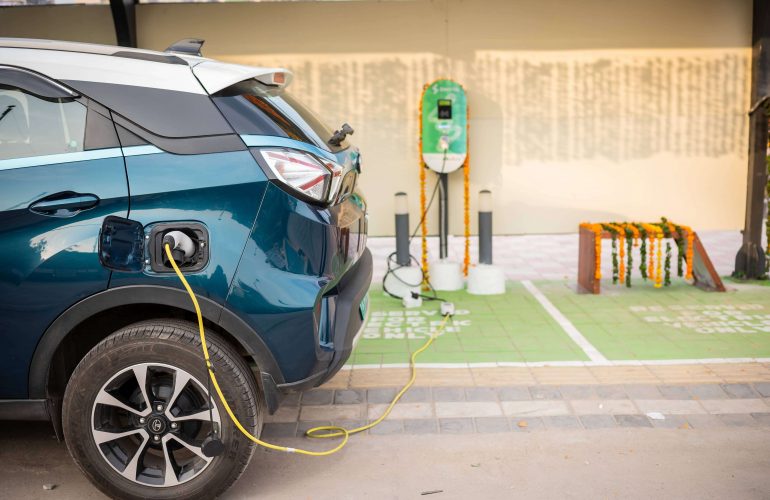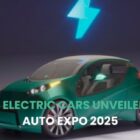Types Of EV Chargers In India
Customers can get a massive variety of electricity-driven vehicles. Four-wheelers and two-wheelers of diverse designs can visit modern EV charging stations for a quick electric recharge. Depending upon the different applications of these charging stations, you can find diverse EV charging points in the country. Let us look at the various varieties available in the domain.
B2B variety
Top-rated electric vehicle charging station developers like ElectriVa developed their facilities for different customers. Broadly speaking, these customers and the projects fall into two categories – B2B and B2C. In the B2B category, ElectriVa has developed charging stations in several facilities like amusement parks, commercial buildings, real estate properties, parking lots, corporate offices, Healthcare organizations, shopping complexes, film multiplexes, restaurants, hotels and resorts, etc. An increasing number of business institutes are opting to develop these charging facilities within their premises to offer better value, convenience, and comfort, for their patrons.
B2C facilities
In the second category of EV charging points in India comes the B2C facilities, where brands like ElectriVa develop their charging stations as a business property that solely emerged to support the charging of electric vehicles in modern Indian cities. These charging stations are present in various vital city points, the Highways, and city suburbs, which act as petrol pumps and offer refueling services to all petrol and diesel-driven automobiles. These electric vehicle charging stations can assist drivers and EV owners to get fast and convenient charging for their electric vehicles and remain on the go without much problem.
Human intervention
One of the attributes that will determine the EV charging type or variety is the human intervention index in the station operations. Some of the latest EV charging stations have fully automated operative systems where the customers can help themselves without the intervention of any manual support. Such fully automated IoT-supported or driven charging stations are modern, fast, and convenient for electric automobile drivers and users.
Charging power intensity
Most charging stations get their power or operative supremacy from the quality of the charging point facilitated for the customers. AC charging is a low-capacity charging which takes more time to charge up two-wheelers and four-wheelers. As compared to AC charging, DC charging is a much more high-capacity charging facility that can charge large automobiles and make the automobile charging procedure fast, effective, and convenient. The aspect of AC or DC charging does not affect the cost factor of EV charging stations and hence, is a parameter of convenience alone for the customer.
Automobile design and caliber
Apart from the features of automation and charging capacity, the design of EV charging stations in India is just as imperative. Some of the best quality stations, like those brought to market by ElectriVa in Delhi, have multiple charging points and the capacity to charge different automobile designs and dimensions. These EV charging stations can equally facilitate four-wheelers and two-wheelers of diverse models.
Aggressive support to development
Irrespective of the charging station design, type, or variety that we are talking about, each one of these EV charging stations offers aggressive support and assistance to the brands manufacturing and supplying electric vehicles and automobiles to the national and global markets. Aggressive use of these electric vehicles will depend equally on the charging facilities, which can help automobile users and owners to keep them functional and on the go relentlessly.
Nurturing the planet
It is needless to say, these electric vehicle charging stations are playing a vital role in nurturing the planet and its environment. In modern times, questions of pollution and carbon emission are a much-debated topic, and scientists are looking for different ways in which carbon emission and pollution are to be brought under control. Electric vehicles and automobiles are one of the most effective ways of controlling carbon emissions and environmental pollution, and these electric vehicle charging stations are contributing massively to reducing carbon footprints worldwide. No wonder these EV charging stations in India are such eminent projects, and their developers ElectriVa, are a vital partner in national development and environmental preservation. The nation and its population owe a green and clean future to the Electrical Vehicle manufacturers, suppliers, and supportive Electrical Automobile charging stations.
